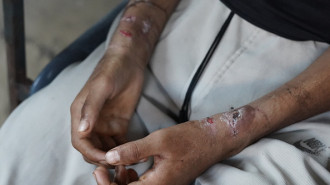Anger in Iraq following release of general who 'abandoned Mosul to IS'
Iraqis from Mosul reacted with anger to news that General Mahdi Gharawi, who had been tasked with the defence of Iraq's third-largest city in 2014, had left prison and was now back at home after just two years in custody.
The Iraqi army and police had an estimated 60,000 men in Mosul, and greatly outnumbered the attacking IS force which was estimated to be only 1,500 strong. However, they abandoned their positions in the city in June 2014, allowing IS to capture it in just six days.
Mosul endured three years under the rule of IS extremists and large parts of it were destroyed in airstrikes by the US-led anti-IS coalition.
Bodies of victims of the war are still regularly being found in the city, where scenes of devastation predominate today, three years after IS militants were expelled.
Gharawi was accused of a series of charges by the Iraqi defence ministry, including desertion and dereliction of duty. The charges carried a maximum penalty of death.
Taha Abbassi, the father of seven children who were killed along with their mother in a coalition airstrike on Mosul in 2016 called the announcement of Gharawi's release "disgusting".
"Justice is absent in Iraq," he told The New Arab's Arabic-language service. "When things like this happen it makes the creation of a state which respects human rights and the right to justice impossible."
Read also: The Iraqi nurse leading Mosul’s battle against Covid-19
Although free from prison now, he still faces a number of charges in civilian courts, including high treason, which the Iraqi parliament accused him of in 2015, and human rights violations committed during Gharawi's command of Mosul’s security.
Other officers who were accused of abandoning Mosul to IS, such as Federal Police Colonel Kifah Muzher, have also been released from prison.
Some Iraqi MPs said that Gharawi's release and his avoidance of trial on other charges so far were due to his connections to top establishment figures.
A former member of the Iraqi parliament's defence and security committee, who preferred to remain anonymous, told The New Arab's Arabic-language service, "Gharawi's release came about through political pressure and mediation and he should have faced the charges which carry the death penalty, including treason and desertion from battle."
The former MP said that political parties had put pressure on former Iraqi Prime Minister Adel Abdul Mahdi, who resigned following anti-government protests last year, to release Gharawi.
He said that Gharawi could now flee the country to avoid facing further charges against him but the Iraqi Interior Ministry published a statement saying that the general had been released on bail while other charges against him were investigated and he was unable to leave the country.
Before the fall of Mosul to IS Gharawi was accused in 2008 of running secret prisons and torturing detainees while commanding the 2nd National Police Division in Baghdad. Witnesses said that they personally saw him torture detainees, and that this torture took place along sectarian lines.
However, former Iraqi Prime Minister Nouri Al-Maliki protected Gharawi from prosecution and later gave him a new command in Mosul.
A Shia Muslim, Gharawi, who had previously also served in Saddam Hussein's Republican Guard, alienated much of Mosul's mostly Sunni population during his time there, while continuing to oversee torture of detainees and violate human rights.
Follow us on Facebook, Twitter and Instagram to stay connected

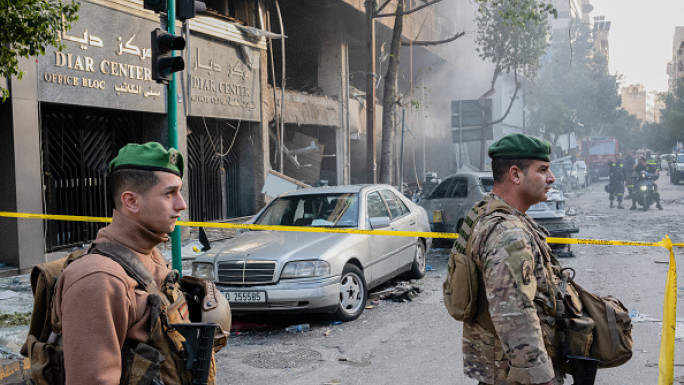
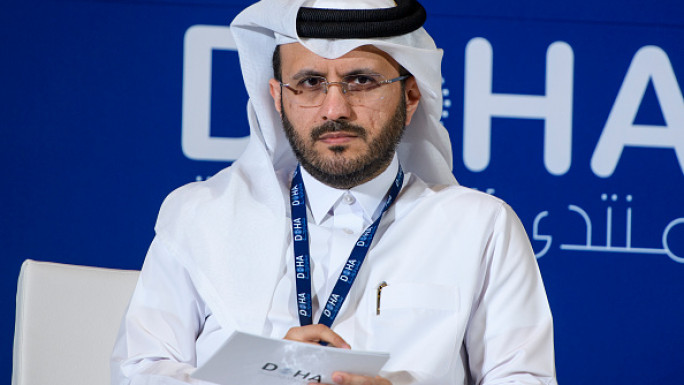
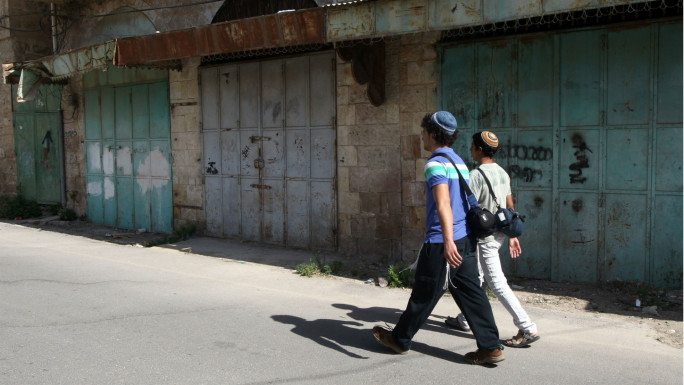
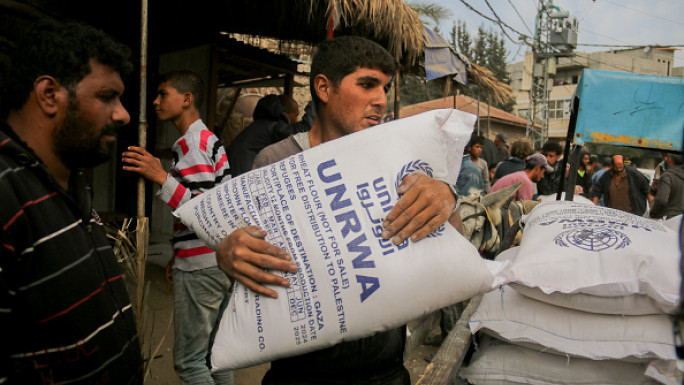
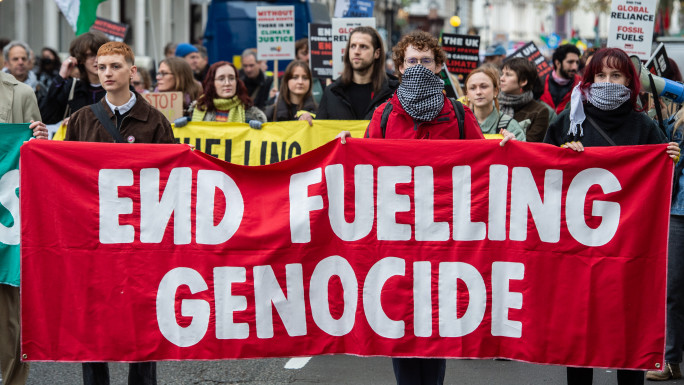
 Follow the Middle East's top stories in English at The New Arab on Google News
Follow the Middle East's top stories in English at The New Arab on Google News
![Aid in Gaza [Getty]](/sites/default/files/styles/image_330x185/public/2159549738.jpeg?h=a5f2f23a&itok=EHmSiQX0)
![Netanyahu reportedly refused any mediation role for Turkey [Getty]](/sites/default/files/styles/image_330x185/public/2024-11/GettyImages-2174140193.jpg?h=199d8c1f&itok=Be0gMmGp)
